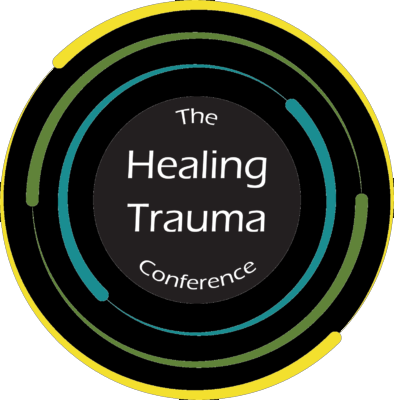This training introduces the neurobiology of trauma and toxic stress, and will cover the brain structures, functions, and chemicals involved in the stress response.
We will discuss the sympathetic nervous system’s response to immediate threat (fight, flight, freeze, fright) as well as chronic brain patterns that develop over time. Brain function (e.g., attention, memory, emotional regulation) will be highlighted and attendees will have the opportunity to not only think about the adaptive reason for these behaviors, but trauma informed ways to re-frame them.
Participants will –
- Learn about types and characteristics of trauma/stress.
- Explore how trauma/stress impacts cognitive processing including perception, attention, memory, and executive function.
- Explore how trauma/stress impacts emotional regulation.
- Understand the difference between acute trauma response and chronic trauma response.
- Identify the neuro chemicals and brain structures involved in trauma/stress response.
- Practice re-framing a behavior using a trauma lens and be able to articulate at least one “Trauma Education Statement.”
Bio:
Stephanie Sundborg, Ph.D. is the Research and Evaluation Coordinator for Trauma Informed Oregon. Dr. Sundborg’s research and consultation focuses on TIC (trauma informed care) implementation and factors involved in organizational change. Much of her current work focuses on measurement, including the development of instruments that can be used to assess TIC implementation.
As part of understanding what factors support trauma informed care, she is interested in the characteristics of leadership and staff that support and build commitment to a trauma informed approach. Dr. Sundborg comes to this work with years of experience focused on early childhood adversity. With a background in cognitive neuroscience, she has always been interested in the neurobiology of trauma and toxic stress and the developmental implications related to attention, memory, and emotional regulation.
Website: Trauma Informed Oregon

